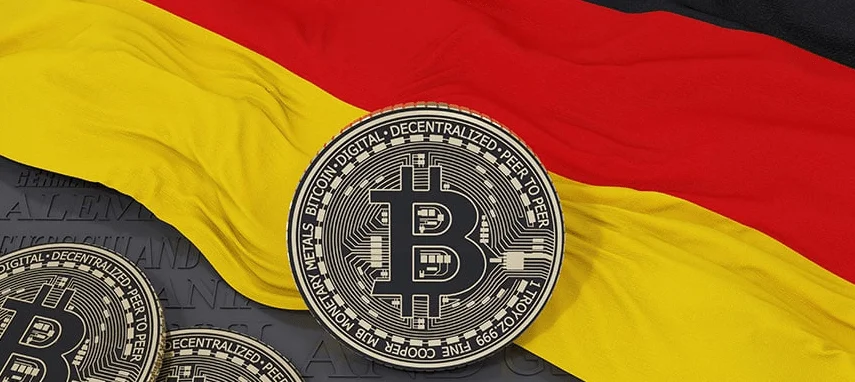“Cryptocurrencies have become the means of payment of cybercrime. Not only their confiscation requires a professional approach, but also their exploitation,” said Senior Public Prosecutor Jana Ringwald.

Frankfurt, a city in Germany, has made headlines because of its unique plan to “clean” the crypto that was once dirty. The State of Hesse and Frankfurt’s General Public Prosecutor’s Office have signed a long-term deal with a company called Bankhaus Scheich Wertpapierspezialist AG to sell confiscated crypto.
“A framework agreement between the Frankfurt Prosecutor General’s Office and Bankhaus Scheich also establishes a long-term partnership and serves as the basis for future divestment of confiscated cryptocurrencies by the state of Hesse.”
Last week, Bankhaus Scheich, a licensed bank and regulated trading partner, sold $113 million worth of crypto that had been seized in a drug case against three people.
The illegal crypto cleaning process
The German government and the Bankhaus Scheich have set up a system that will make it legal, safe, and quick to process these “cleaned” crypto transactions in the near future.
In addition, Bankhaus Scheich said that because these seized cryptocurrencies are linked to crime, they are called “contaminated coins.” This means that they can’t be traded on mainstream exchanges.
However, with a unique system to process these transactions, it can be made sure that trading partners know that these cryptocurrencies that were previously illegal can now be legally owned and have been declared “clean,” which means they can be sold.
Senior Public Prosecutor Jana Ringwald, who represents the project on the side of the Attorney General’s Office, said, “Cryptocurrencies have become the means of payment of cybercrime. Not only their confiscation requires a professional approach, but also their exploitation. The General Public Prosecutor’s Office in Frankfurt am Main and Bankhaus Scheich have developed a market-oriented and legally secure solution, which is unique in Germany so far, to return such incriminated crypto assets to the regular market.”
If you want to keep your confiscated crypto, the German government hasn’t always used a unique way to do it. In October, the North Rhine-Westphalia Justice Ministry in Germany auctioned off a lot of seized Bitcoin at a lower price than it would have sold for. Germany’s government set the lowest bid for Bitcoin at just $49k at a time when the value of the currency was rising above $62k.
